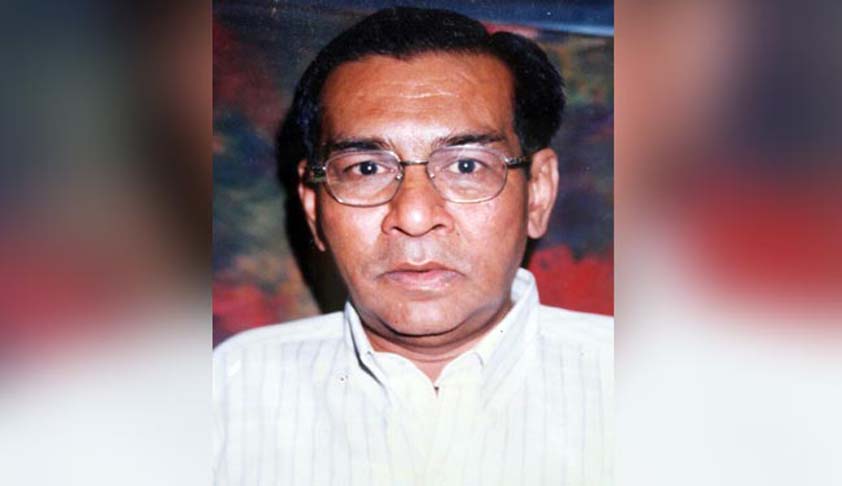After Bhupendra Vira’s Murder, Call For RTI Activists’ Protection Grows Louder
nitish kashyap
18 Oct 2016 11:32 PM IST

Next Story
18 Oct 2016 11:32 PM IST
With the murder of Bhupendra Vira, the focus on attacks against RTI activists is back and rightly so. More and more such attacks have been happening since the Right to Information Act came into force and became a tool in the hands of the common man to expose any wrongdoing by public servants and people in powerful positions.When Satish Shetty, an RTI activist from Pune, was murdered in 2010...
